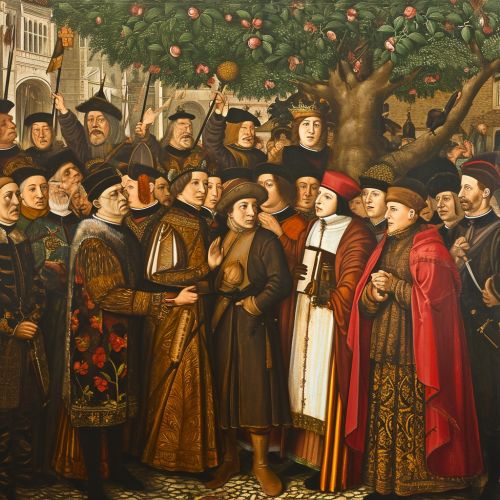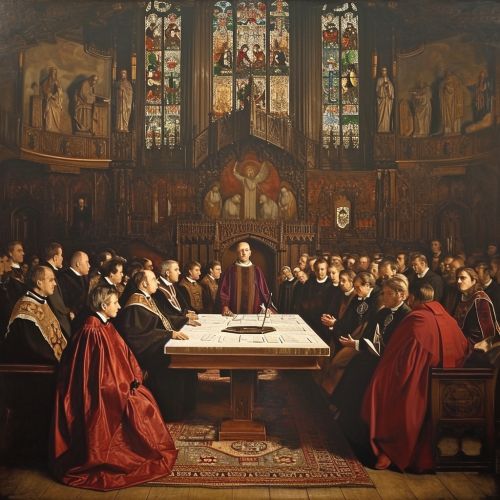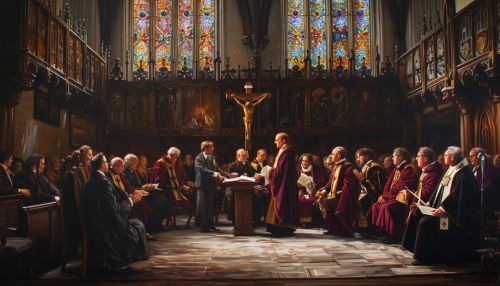Anglican Communion
Origins and History
The Anglican Communion is a worldwide association of Christian churches in full communion with the Church of England and the Archbishop of Canterbury. The Anglican Communion is the third largest Christian communion in the world, after the Roman Catholic Church and the Eastern Orthodox Church. The term "Anglican" originates from "Anglia", the Latin name for England.
The Anglican Communion traces its roots back to the Christian church recorded as existing in the British province of Britannia by the third century. It was shaped by the English Reformation in the 16th and 17th centuries, which resulted in the separation of the Church of England from papal authority and the influence of the Continental Protestant Reformation.


Theology and Doctrine
The Anglican Communion embraces a wide spectrum of belief and practice, ranging from evangelical to high church or Anglo-Catholic. The Book of Common Prayer and the Thirty-Nine Articles of Religion are the foundational documents of Anglican theology.
Anglican doctrine is characterized by a balance of scripture, tradition, and reason. This is often referred to as the "Anglican triad" or the "three-legged stool". The Anglican Communion has no central doctrinal authority, but the Lambeth Conferences and the Anglican Consultative Council are important instruments of communion, helping to maintain unity among the autonomous churches.
Worship and Liturgy
Worship in the Anglican Communion is marked by a rich liturgical tradition, with the Eucharist being the central act of worship. The liturgy is contained in the various editions of the Book of Common Prayer, which provide a structured and shared worship experience.
The Anglican liturgical tradition encompasses a variety of styles, from the simple to the elaborate. This reflects the comprehensiveness of the Anglican tradition and the diversity of the global Anglican Communion.
Structure and Organization
The Anglican Communion is organized into a series of provinces, each headed by a primate. The provinces are further divided into dioceses, each overseen by a bishop. The Archbishop of Canterbury is recognized as the spiritual head of the Anglican Communion, though each province is autonomous and self-governing.
The Anglican Communion maintains a balance of episcopal and synodical government. Each diocese has a synod, and each province has a provincial synod. These synods are responsible for the governance of the church at the diocesan and provincial levels.
Ecumenical Relations
The Anglican Communion has a history of engaging in ecumenical dialogue with other Christian traditions. It is a member of the World Council of Churches and has participated in the Anglican-Roman Catholic International Commission (ARCIC) and the Anglican-Methodist International Commission for Unity in Mission (AMICUM).
Despite differences and challenges, the Anglican Communion remains committed to the goal of Christian unity, as expressed in the prayer of Jesus "that all may be one" (John 17:21).
Challenges and Controversies
Like many Christian traditions, the Anglican Communion has faced a number of challenges and controversies. These have included debates over liturgical revisions, the ordination of women, and issues related to human sexuality. These debates have sometimes led to tensions within the Communion, but they also reflect the diversity of belief and practice within the Anglican tradition.


